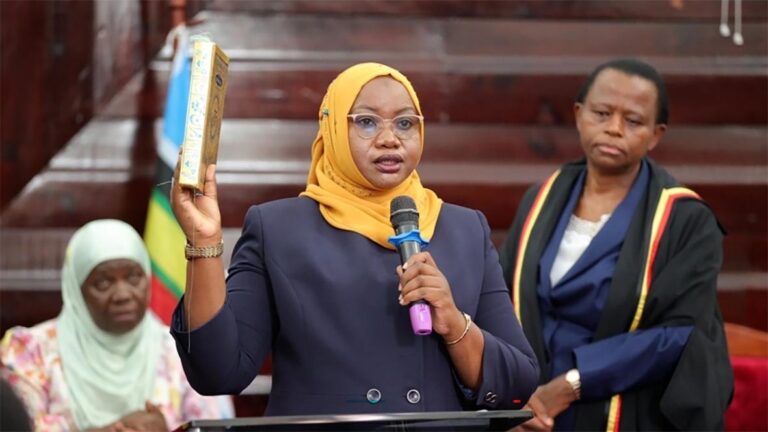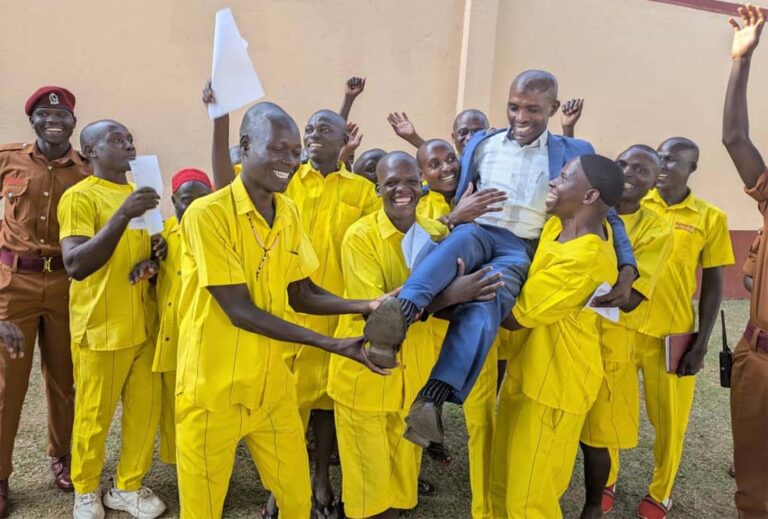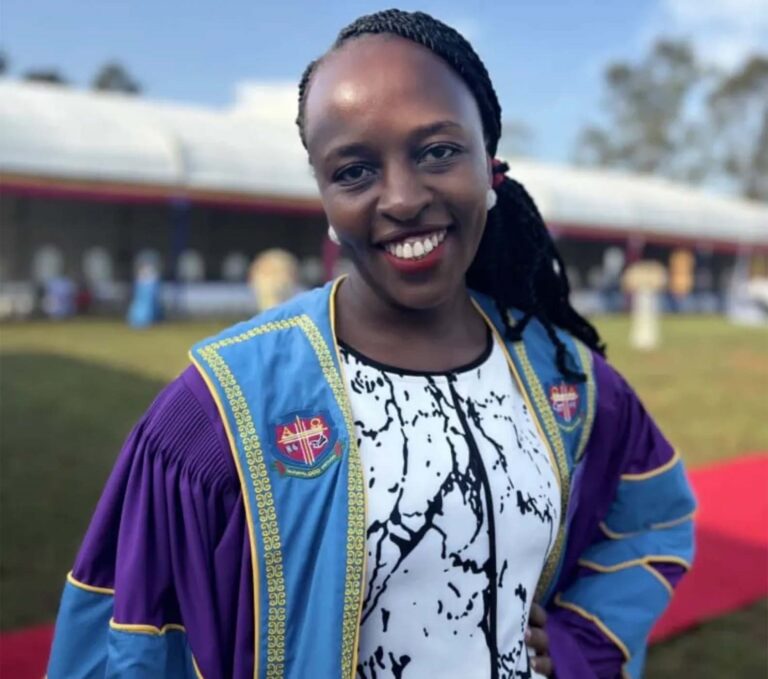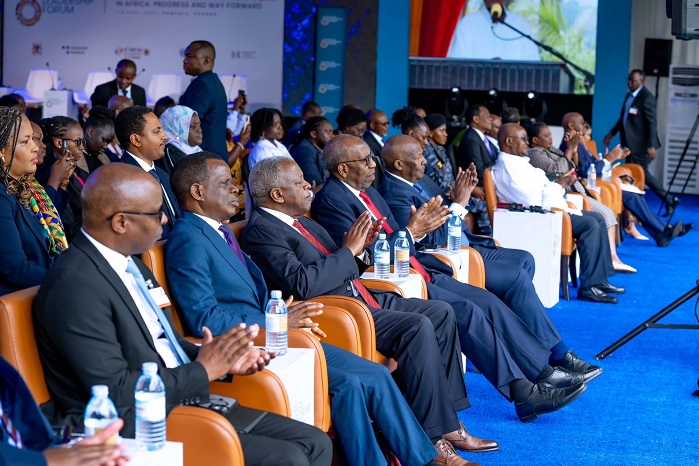
A blend of current and former local and regional leaders graced the forum
HABARI DAILY I Kampala, Uganda I Africa cannot achieve sustainable development unless it undergoes a deliberate process of transformation, both economically and ideologically, President Yoweri Museveni has said.
While officially opening the 8th African Leadership Forum at Speke Resort, Munyonyo today, he called on African leaders to confront and dismantle the long-standing strategic bottlenecks that continue to block the continent’s path to genuine socio-economic transformation.
“This theme of sustainable development has been around for long. But our question has always been how do you sustainably remain an infant? A baby must grow. At some stage, you must undergo transformation, just like in biology where a caterpillar turns into a butterfly,” he said.
This year’s forum is centered on evaluating the current status of the SDGs in Africa, identifying key bottlenecks and advancing innovative, home-grown solutions to issues such as climate change, education, health, youth unemployment, among others.
Held under the theme “Realizing Sustainable Development Goals in Africa: Progress and Way Forward,” the forum has drawn prominent former and current African leaders.
Museveni reminded the delegates that even before independence, Africa’s first challenge was the absence of political power. But after gaining independence, many countries fell into chaos due to weak states and politics that lacked a historical mission.
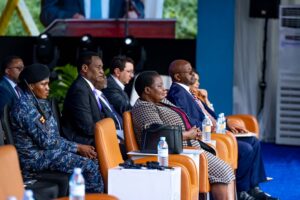
Uganda’s Prime Minister Robinah Nabbanja was in attendence
“You can’t have an army without a historic mission. The British army was the imperial army. The American army exists to defend capitalism. The Red Army stood for the peasants and workers. So, what do our African armies stand for? You cannot be a soldier without a mission,” he said.
He argued that the weakness of African states today stems from identity-based politics rather than politics of interest and ideology.
“If your politics is based on tribes, religion or gender, how will you build a strong state? Wrong politics have created weak states. You need a liberation movement with clarity to build capable structures,” President Museveni noted.
The President also reflected on economic missteps, particularly the suppression of the private sector in post-independence Africa.
He pointed to Uganda’s own experience under Idi Amin, when Indian entrepreneurs were expelled, setting back the economy.
“Entrepreneurs are critical. When we expelled the Indians, we lost a lot. They were helping us. That was another strategic bottleneck,” he noted.
On Africa’s continued export of raw materials, President Museveni said this practice has left the continent donating wealth and jobs to the rest of the world.
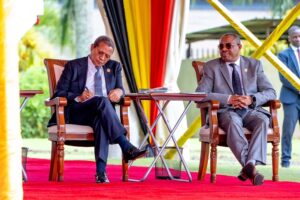
Jakaya Mrisho Kikwete (L), who was the fourth president of Tanzania, in office from 2005 to 2015, and another delegate
“When you export raw coffee, you get $2.5 per kilogram. But when someone adds value—roasts, grinds, and packages it—they earn up to $40. So in every kilogram, Africa donates over $20 to the world,” he said.
He also warned against exporting minerals like iron ore, revealing that some districts in Uganda had planned to sell the ore to India at just $47 a tonne.
“I said over my dead body. Why export raw iron ore? Let it stay in the ground until we’re ready to add value here. Raw materials are a curse if you don’t use them properly,” he noted.
Museveni also stressed that sustainable development must include regional market expansion. He cited Uganda’s current milk production as an example.
“We produce 5.3 billion litres of milk annually, but Ugandans only consume 200 million litres. What happens to the rest? We need bigger markets,” he added.
The former President of the United Republic of Tanzania, Jakaya Kikwete called on African leaders to move beyond discussions and take bold, practical steps to accelerate progress towards the Sustainable Development Goals (SDGs).
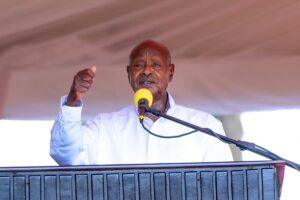
President Museveni addressing the delegates
Prominent former and current African leaders in attendance include Dr. Ernest Bai Koroma – Former President of the Republic of Sierra Leone, Dr. Moncef Marzouki, the former President of the Republic of Tunisia and Hailemariam Desalegn Boshe, the Former Prime Minister of the Federal Democratic Republic of Ethiopia.
The African Leadership Forum (ALF) was established in 2014 as an initiative by the Office of the Former President of Tanzania, Benjamin W. Mkapa, in collaboration with the UONGOZI Institute.


